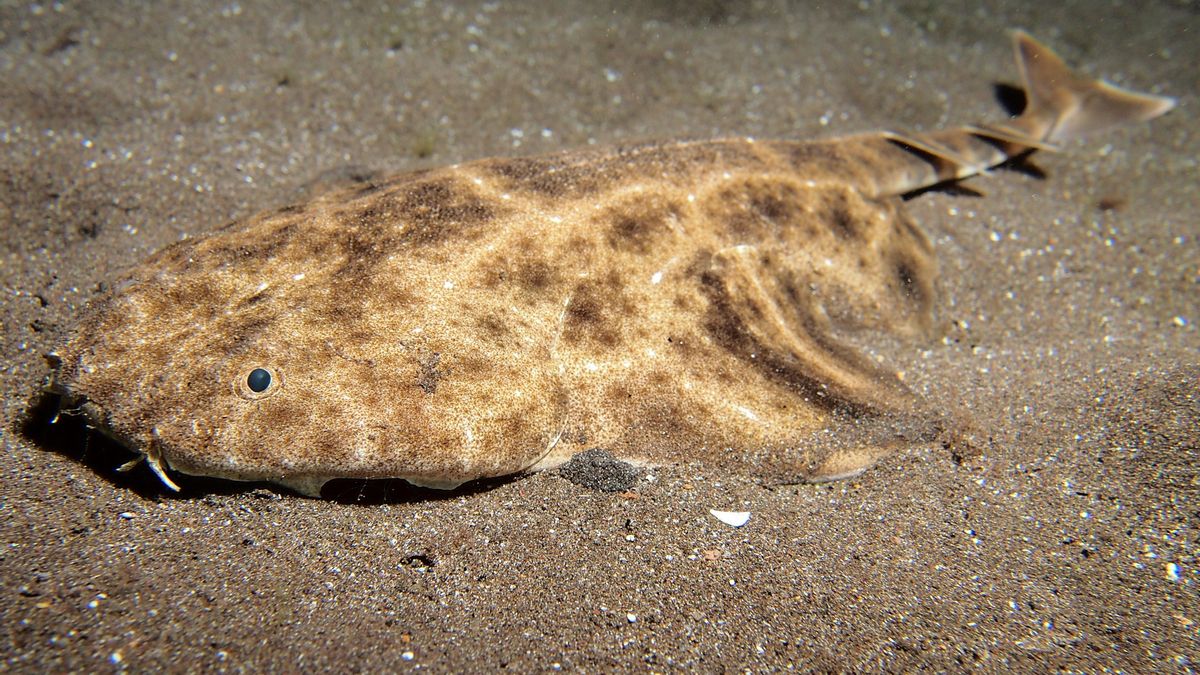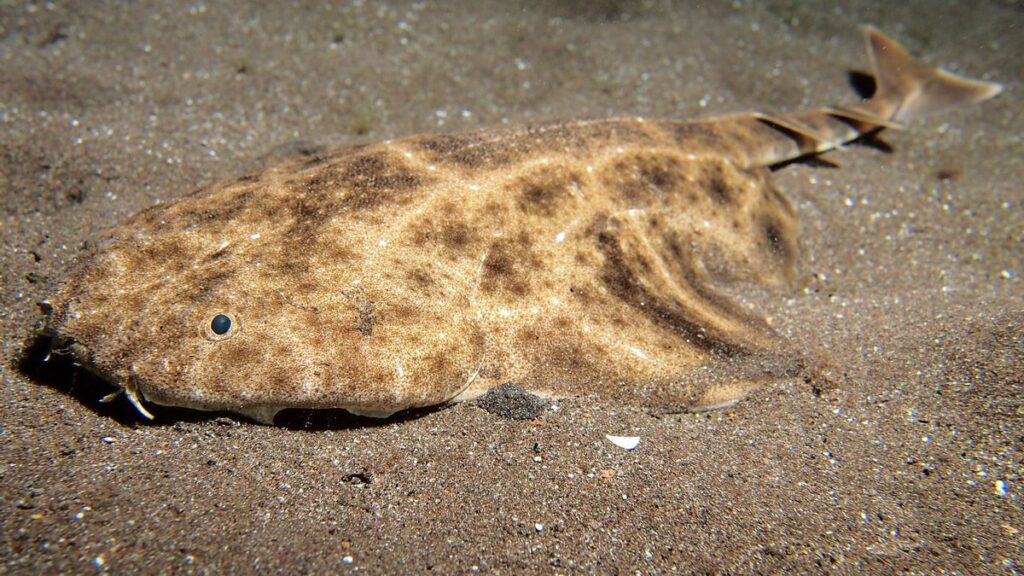Climate Change Disrupts Angel Shark Reproduction
An international study reveals female angel sharks (Squatina squatina), a critically endangered species found in Canary Islands waters, are changing their mating routines as oceans grow warmer. Instead of visiting traditional breeding areas during heat spikes, they’re prioritizing staying cool—a behavioral shift scientists warn could have serious consequences for the species’ survival.
Tracking the Temperature Tipping Point
A marine research team co-led by Lancaster University (UK) and the Angel Shark Project: Canary Islands—a collaboration between Germany’s Leibniz Institute for Biodiversity Change Analysis, the University of Las Palmas de Gran Canaria (ULPGC) through ECOAQUA, and the UK’s Zoological Society of London—used acoustic trackers to monitor the sharks. During 2022’s unusually extreme marine heatwave, females were largely absent from traditional mating grounds in La Graciosa Marine Reserve, Spain’s largest marine protected area off Lanzarote.
Gender Divide in Heat Response
That year, sea surface temperatures in the study area exceeded 23.8°C (75°F) and remained above 22.5°C (72.5°F) for nearly three times longer than previous years. While these conditions deterred females during their typical late-autumn mating season, males proved more resilient, arriving as usual in November to seek mates.
The Canary Islands: Last Stronghold
The archipelago marks the southern limit of the angel shark’s range and hosts an exceptionally large population of this IUCN Critically Endangered species. Both adults and juveniles are regularly spotted, making them a flagship species for local dive tourism. Between 2018-2023, researchers tracked over 100 individuals, correlating movements with environmental data.
A Troubling Thermal Threshold
The study identified 22.5°C as a potential upper thermal limit for females. Where pre-2022 data showed both sexes peaking in the reserve each November-December, 2022 saw normal male numbers but alarmingly low female presence. Surface temperatures that year stayed above 22.5°C until late November—a month later than usual—persisting through the entire mating season.
Metabolic Priorities Over Mating
Researchers suggest females prioritize cooling due to their energy-intensive biology. As Lancaster University zoologist and lead researcher David Jacoby explains: “Females have greater metabolic demands, making them more temperature-sensitive. Males apparently prioritize mating despite extreme conditions.” With marine heatwaves becoming more frequent and intense—what Jacoby calls “the ocean’s wildfires”—scientists fear these behavioral mismatches could jeopardize the species’ future.


